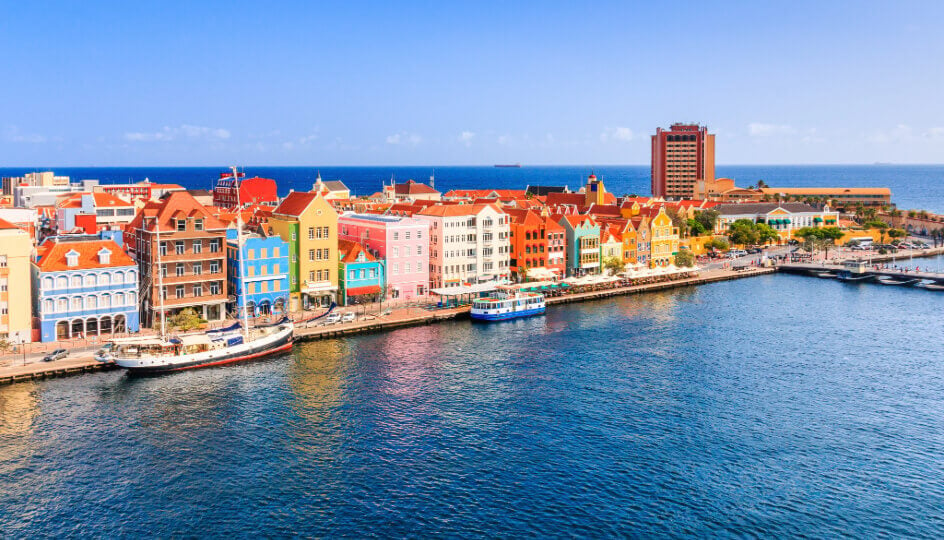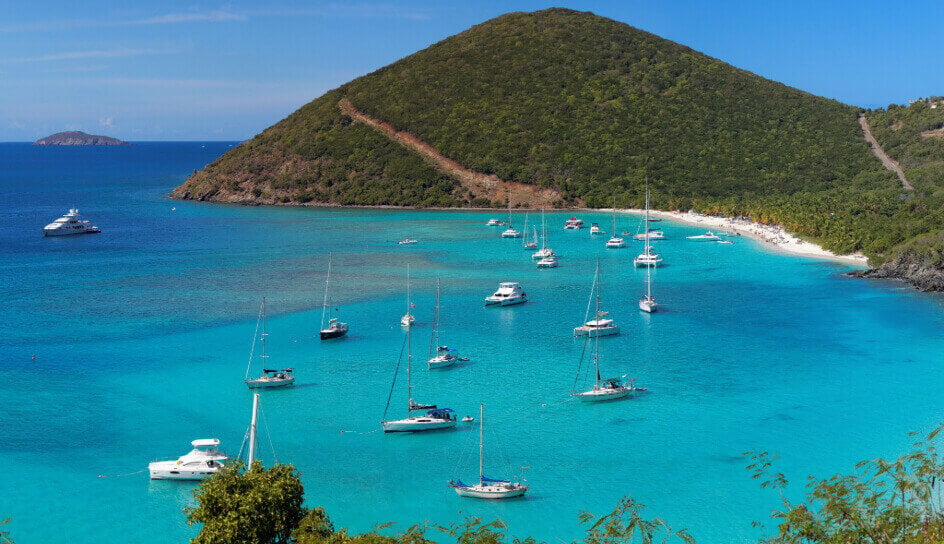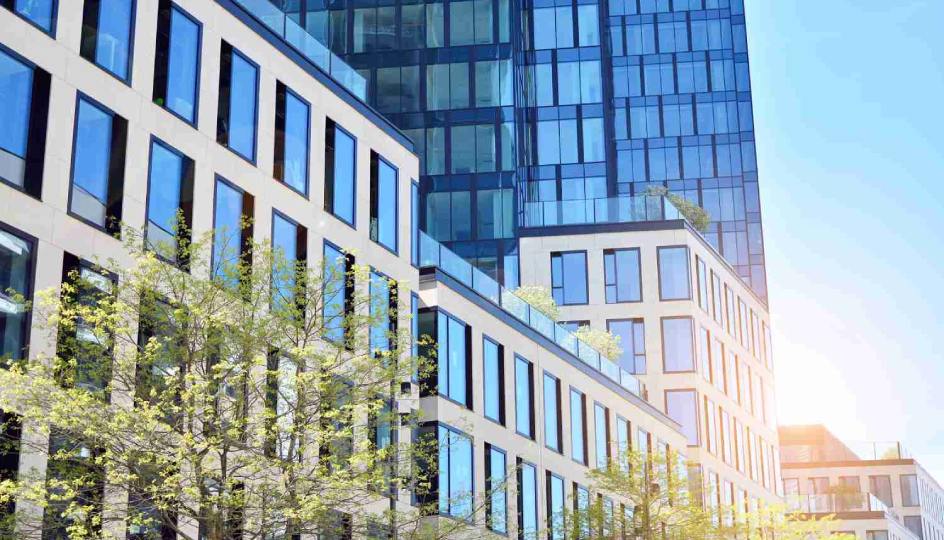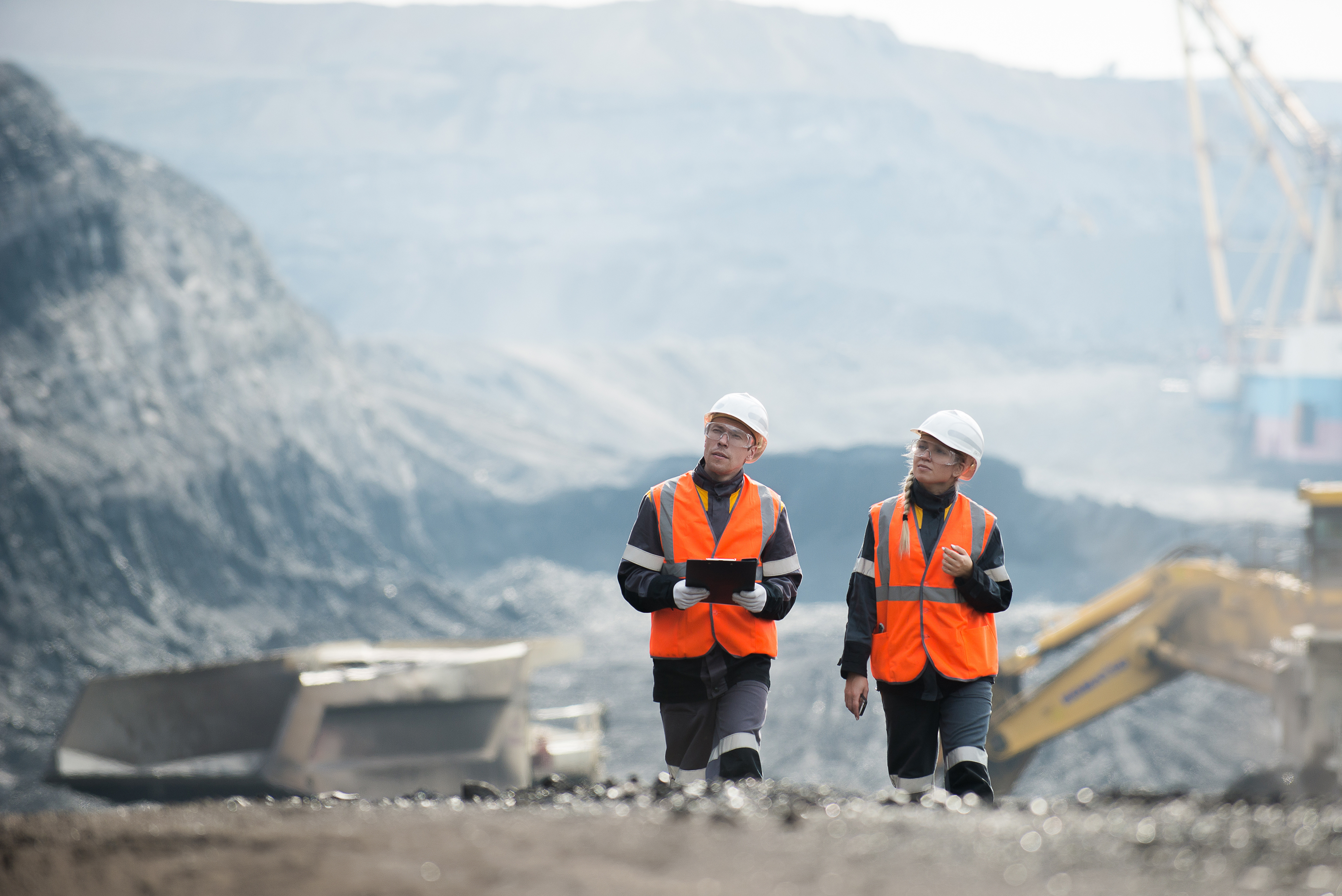Doing business in Curaçao: key considerations for US companies

Curaçao’s strategic location, strong economy and stable political environment make it an ideal springboard for US businesses looking to expand into South America. Our experts offer practical advice to help you capitalise on the opportunities in this dynamic jurisdiction.
Located about 65km off the northwestern coast of Venezuela, Curaçao is the largest of the six islands in the Caribbean that form part of the Kingdom of the Netherlands. In 2010, Curaçao became autonomous, and now manages its internal affairs while the Netherlands manages some external activities, such as defence, foreign relations and extradition.
Because of its geographical location, Curaçao – just 444 km2 in size – is well placed for business with its South American counterparts and with the United States. The island has an international airport with direct connections to the US and an integrated handling service for all types of cargo. The airport is managed by an international consortium in partnership with the government and is a catalyst for economic development and employment on the island.
Curaçao has always played an important role in international trade due to its strategic location and naturally sheltered main harbour in the capital, Willemstad. The port serves as a critical regional trans-shipment hub for container shipping, and also features a cruise terminal and deep-water facilities.
The island has a good infrastructure and a skilled workforce. Key industries include oil refining and trans-shipment, and international finance and tourism, with market development opportunities in all sectors.
The benefits of Curaçao’s free zones
There are two free zones on the island, the Airport Free Economic Zone and the Harbor Free Economic Zone, both of which offer potential investors a variety of tax-saving opportunities. Goods imported into the free trade zones are not subject to import duties. Annually, at least 75% of total sales must be exported, while up to 25% of total sales may be sold on the domestic market once a government permit has been obtained. Routine customs formalities for import and export are free of charge during office hours.
Leveraging trade opportunities
The World Trade Center Curaçao is located near the airport and offers US businesses a useful conduit for business expansion across the region. Companies either operate in the economic zones to service export markets or at the World Trade Center to promote their goods and services to the US, Europe and other parts of the world.
Curaçao offers US and European companies with operations in South America and the Caribbean Basin a base for regional warehousing/distribution or for distribution through intermediaries. Under intermediary arrangements, Curaçao trading companies manage the product for the investor in the region.
The US market and Curaçao
Curaçao has preferential access to the US market through the US Caribbean Basin Initiative. The initiative came into effect on 1 January 1984 to help develop Caribbean Basin economies by providing beneficiary countries – of which Curaçao is one of 17 – with duty-free access to the US market.
The US Consulate General in Curaçao recommends that US businesses considering doing business in the country contact the Curaçao Chamber of Commerce and Industry to initiate the process. In addition, locally-based business advisors can help US companies navigate local laws and regulations.
Curaçao has concluded a Tax Information Exchange Agreement with the US government and was an early adopter of the IRS Foreign Account Tax Compliance Act.
Curaçao unveils its new currency
Under their joint Central Bank, Curaçao and St. Maarten adopted a new currency, the Caribbean guilder, on 31 March 2025.
The design of the banknotes reflects the unique culture and environment of the islands, showcasing vibrant marine life and historical and cultural landmarks.
The official currency code for the Caribbean Guilder is Cg. The Caribbean guilder replaces the Netherlands Antillean guilder at par and is pegged to the US dollar at the same rate of 1 USD=1.79 Cg.
The new currency offers a robust base for economic development and stability. High-quality security features minimise the risk of counterfeiting and limit the possibility of fraud or loss when using cash. A modern monetary system can boost economic confidence, potentially attracting more tourists.
Curaçao’s banking system is well developed and most of the island’s banks have links with established European and American banks. There is a strong focus on preventing fraud and money laundering in the banking system; any unusual transactions must be reported to the Curaçao Reporting Centre.
Curaçao company formation: key considerations
Corporate law in Curaçao is based on Dutch corporate law. The public limited liability corporation (NV) used to be the most common business entity, but the private limited liability corporation (BV), has become the preferred choice.
There are no specific accounting requirements, but international corporations generally follow the standards and requirements that are applicable in the country of the parent operation.
The reporting requirements for large NVs are more specific than those for regular NVs or BVs. It’s advisable to seek professional advice as to which requirements apply to your business.
A standard rate of 6% sales tax is levied on the import and sale of most products and services. It is included in the price of goods and services and is paid at the point of purchase. Exports are tax exempt and import duties range from 0% to 57% tax.
The estimated labour force in Curaçao is 67,246 and workers over 21 are eligible for minimum wage. Foreigners who wish to become resident in Curaçao must apply for a residence permit; they must also apply for work permits if they intend to work in the country.
Curaçao has a multicultural population and this is reflected in the island’s three official languages: Papiamentu – a local language that is a mix of Portuguese, Dutch, Spanish and English; Dutch; and English.
Spanish is also widely spoken on the island. Because of the large number of immigrants in Curaçao, different population segments also speak Portuguese, French and German, among other languages.
Talk to us
TMF Curaçao has the local expertise to help you navigate key expansion challenges and unlock opportunities for growth.
To learn more about how we can help you set up a company in Curaçao, or streamline your existing Curaçao operations, contact us today.





